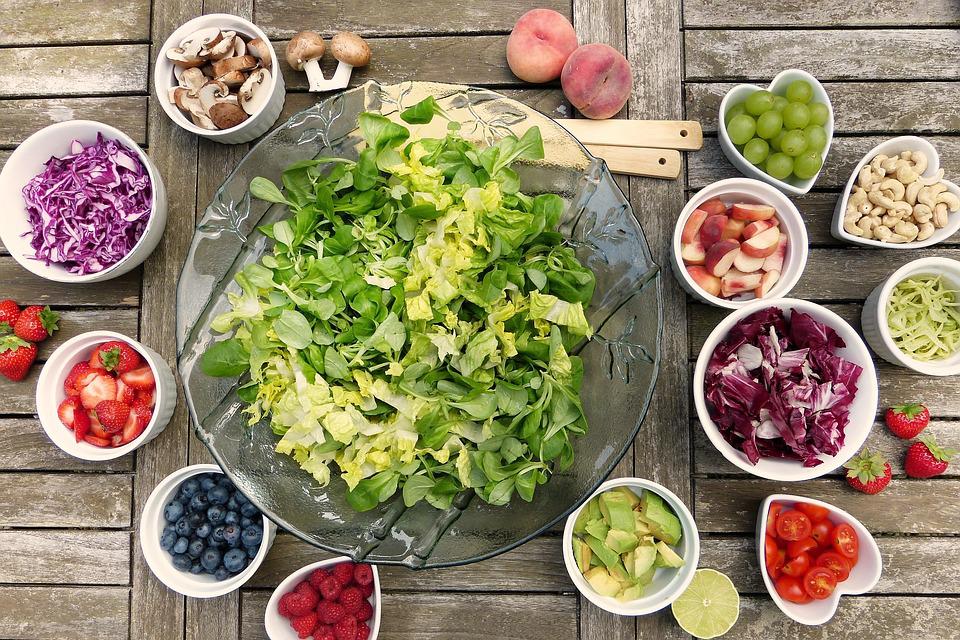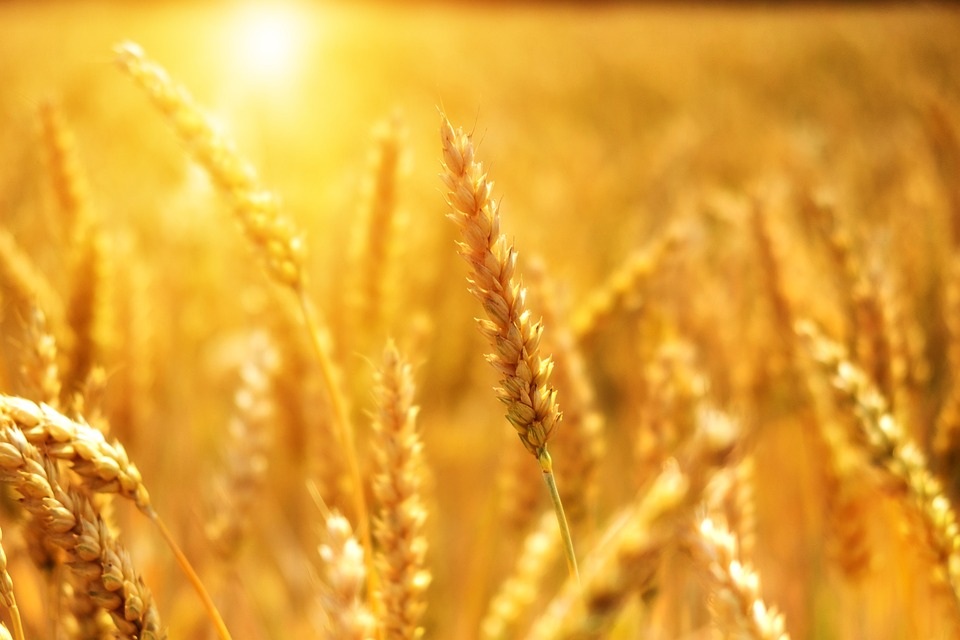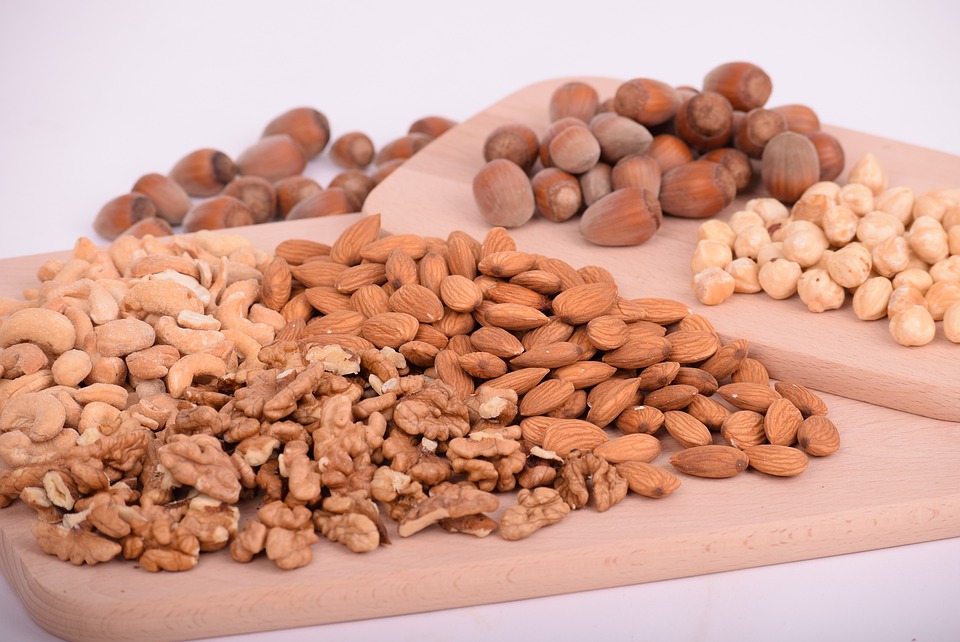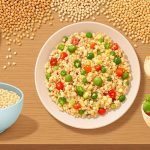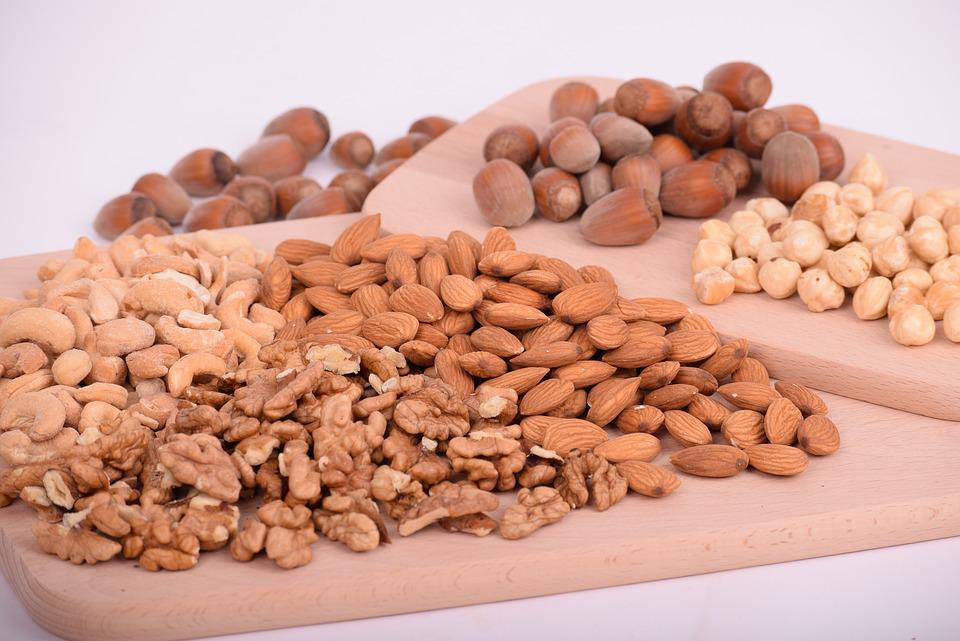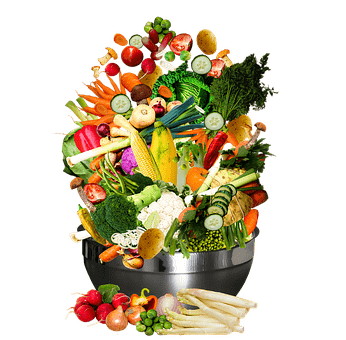
Vegan diets are becoming increasingly popular. A vegan diet consists of only plant-based foods such as fruits, vegetables, nuts, and grains- while excluding any form of animal-based foods such as meat, seafood, or dairy products. A lot of people go on this diet in order to transform their physical form and improve their overall health. Is it a definite fact that you will get better health if you avoid consuming meat and dairy products? Not always, say the experts. For some, a vegan diet is hard to maintain.
Before taking up a vegan diet, research the benefits and drawbacks of this type of nutrition. Analyze a regular day’s worth of food items to determine which health advantages are substantiated by scientific research. If you deem this to be the best strategy for you, begin with some guidance in order to make your switch simpler.
What Experts Say
Vegetarianism omits all animal products, however, there are many divergent types of nutrition plans as there is no single designated structure. Experts concur that due to dietary limitations that come with veganism, there is potential for nutritional disparities, yet one can sustain a healthy diet if the regimen is well thought-out, and not a passing trend fostered by a desire to shed pounds quickly.
—Willow Jarosh, MS, RD
Background
Generally, a vegan diet consists of fruits, vegetables, grains, seeds, oils, nuts, and legumes. When you adopt a vegan diet, you avoid consuming any form of animals that include meat, dairy, fish, shellfish, eggs, poultry, as well as any food products containing these ingredients (like specific protein powders, fish oil supplements, gelatin, lard, or margarine made with whey). Some vegans also avoid bee products, such as honey.
History
Vegan and vegetarian diets date back to ancient times. Some claim that Pythagoras, the Greek philosopher and mathematician, set up the initial vegetarian society to promote peace between all creatures. He avoided eating meat for spiritual motivations, rather than for health benefits. Ancient Buddhists and Hindus also practiced vegetarianism. A dietary plan that did not include meat was known as a Pythagorean diet up until the middle of the twentieth century.
In 1944, Donald Watson, a British woodworker, came up with the word “vegan” to refer to vegetarians who also abstained from consuming dairy and eggs. He established the Vegan Society, which became increasingly well-known as there was an increasing concern about tuberculosis in Britain’s dairy cows.
Vegan diets have increased in popularity in recent years. It has been estimated that there was an astonishing six-fold jump in the proportion of individuals identifying as vegan between 2014 and 2017. The growing popularity of vegan diets can be attributed to vegan foods being made available in regular grocery stores, the presence of vegan food items on restaurant menus, and various news reports that highlight the health advantages of following a vegan diet.
Types of Vegan Diets
There are different types of vegan diets. For instance, some vegans consume only unprocessed foods or foods that are in their natural state. A vegan who follows a whole food diet would not consume any food that has been altered in any way, even if it lacks animal-based ingredients such as meat, dairy, and fish. “Forks Over Knives” is a popular whole-food vegan diet.
Folks who practice veganism come in a variety of forms such as those who eat only raw food, ones that practice a low-fat lifestyle, and those that the media has nicknamed “junk food vegans” that depend on fake meat and cheeses.
Why Go Vegan?
Folks make the decision to go vegan for various motives and they generally do so for a conglomeration of factors. A research paper demonstrated that the principal motivation for individuals to follow a vegan lifestyle was in order to ensure animals were treated humanely. In addition, those who observe this diet may pass up the option to purchase apparel and other articles created from animals such as poultry, fish, and bees. A research study featured in the publication Appetite suggested that individuals who went vegan for a moral cause may persist with such a lifestyle longer than those who chose it for other purposes.
Folks may also take on a vegan lifestyle because they consider it to be more beneficial for the environment. Studies have indicated that veganism may be more beneficial for the environment in comparison to other eating regimens, including the frequent Mediterranean diet.
Many individuals elect to follow a vegan diet due to its perceived health benefits. It has been clearly demonstrated that a diet made up primarily of plant-based foods is beneficial for keeping a body in a healthy weight range, improving cardiovascular health, and leading to a longer life.
How It Works
A vegan diet excludes all animal products. In this diet, all meats (like beef, chicken, turkey, pork, or lamb) are off-limits, and so are foods that include any animal derivative. Vegetable soup could be bypassed if the stock used to prepare it was seasoned using an animal bone.
Vegans abstain from eating shellfish, seafood, and anything that has components derived from fish. Eating certain foods and taking dietary supplements that contain omega-3 fatty acids are not permissible if the source is fish oil.
Vegans do not eat dairy, eggs, or any foods containing them. This might involve loaves of bread and other baked items, confectionery, as well as an abundance of protein powders.
Finally, you cannot have items such as candy, beer, wine, veggie burgers, and foods that are red in color as part of a vegan diet since these either have honey, gelatin, or other components originating from animals.
So what can you eat on a vegan diet? If you opt for this type of diet, you will be consuming a variety of vegetables, fruits, grains, legumes, soy products (tofu, for example), plant-based oils, nuts, and seeds.
Getting Started
If you weigh up the advantages and disadvantages of a vegan diet and decide to give it a go, take a moment to look at some vegan meal plans. Discover attractive edibles and recipes, and then stock your kitchen with those elements. Eating foods that are tasty, fulfilling, and beneficial increases the chances of sticking to the plan.
If vegan dishes and meal plans seem overly complicated or strange to you, opt for consuming a vegetarian menu for one or two days each week. Opt to try out vegan dishes and recipes one time per day. Small steps can have a big impact. Kay states that reducing your consumption of meat and eating more vegetables will still increase your benefit of following a plant-based diet.
Pros of a Vegan Diet
There are various pros to following a vegan diet. People who are worried about their wellness will find that a vegan lifestyle has many advantages for anyone who is mindful of the natural world. Nevertheless, the advantages of this way of life are immense whether you make the decision for wellness, ecological, or moral motives.
Could Aid Weight Loss
Switching to a predominantly plant-based diet reduces the likelihood of becoming obese. Vegan diets can help with shedding pounds without purposely cutting down on calorie intake because more fiber-filled items are swapped in place of higher calorie food selections. Therefore, they have a low number of calories and help to keep you feeling full.
Observations have indicated that vegans tend to be thinner and have lower Body Mass Indexes compared to people who do not follow a vegan diet. A separate examination showed that people who ate a vegan diet that was low in fat but high in fiber lost more weight than those that followed a standard low-fat diet.
Lower Your Cancer Risk
Non-vegans do not eat nearly as many beans, fruits, and vegetables as vegans do. The study suggested that vegans might be less likely to develop cancer with a reduction of 15%.
Consuming a healthy diet could potentially reduce the likelihood of developing colon, prostate, and pancreatic tumors. In addition, vegan eating habits feature more soy items, which can potentially guard against breast cancer. Research has shown that having full-fat dairy products on a daily basis may increase one’s possibilities of developing breast and prostate cancer.
Excess eating of red meat, smoked meats, cured meats, and meats that are grilled or barbecued at excessive temperatures may lead to specific types of cancer. Vegans exclude these foods from their diet since it does not encompass any meats.
As a result, this may reduce their cancer risk. A vegan diet full of food that is not nutritionally optimal may have negative repercussions. If that is so, then these generalizations do not accurately reflect what would be ideally preferred.
Lower Blood Sugar Levels
It is well known that there is a connection between what people eat and type 2 diabetes. People who follow a vegan diet have been found to have reduced blood sugar levels, as well as better regulation of their insulin levels, likely leading to a lower likelihood of contracting type 2 diabetes.
One research indicated that a vegan diet can bring down blood sugar levels in individuals with diabetes more efficiently than the suggested dietary regimen. As well, plants have less saturated fats than animals consume, which can cause a rise in cholesterol and heighten the possibility of experiencing type 2 diabetes. It may also assist in managing discomfort brought about by peripheral neuropathy, a common problem for individuals with diabetes.
Lower your Blood Pressure
High blood pressure, better known as hypertension, will increase your chances of experiencing issues such as heart disease, stroke, and type 2 diabetes. Fortunately, the foods you consume can have an impact.
Evidence from multiple investigations have demonstrated that a diet focused on vegetation reduces blood pressure and decreases the possibilities of getting certain diseases.
Lower Risk of Heart Disease
Consuming too much saturated fat from meat can be detrimental to heart health. By consuming less meat and boosting the number of plant-based foods you eat, you are doing your heart a favor. However, decreasing the amount of meat that you eat is not enough; make certain that the plant-based foods you consume are healthy.
A plate should be comprised of whole grains, legumes, vegetables, fruits, and good oils (like olive oil) rather than unhealthy plant foods such as processed grains and sugary drinks, which can increase the likelihood of heart disease. A study revealed that this type of diet can reduce the danger of heart ailments by almost half.
Cons of a Vegan Diet
Veganism, like any other diet, has its cons. Despite this, it is possible for some individuals to incorporate veganism into their lifestyle while maintaining a healthy and sustainable diet. It is essential to gain knowledge of the potential dangers of this widely-eaten lifestyle before deciding to follow it.
Lack of Essential Minerals
Although fruits and veggies contain a great deal of antioxidants, vitamins, and minerals, some nutrients can only be obtained from animal products. Sadly, a diet that does not include any animal-based foods has serious health detriments. These encompass calcium, omega-3 unsaturated fats, vitamin B-12 and folic acid.
A deficiency in vitamin B-12 can result in bone and muscle deterioration if it is not balanced out by taking vitamin pills or cereals with added vitamins. If you don’t obtain an adequate supply of B-12, you could feel fatigued, helpless, clogged up, and experience a decrease in hunger. Pernicious anemia is a disorder caused by a deficit. The findings of a study suggest that those on a vegetarian or vegan diet may need to take additional dietary supplements.
Vegan diets may not supply adequate amounts of Vitamin D. It’s possible for people on non-vegetarian diets to lack vitamin D, as most of the vitamin D in the body comes from direct exposure to the sun’s rays. Exposing maitake and portobello mushrooms to ultraviolet radiation creates two possibilities for vegans to obtain vitamin D. Consuming fortified nut milk could aid you in getting your Vitamin D intake during the colder months.
Having sufficient iron in one’s diet is essential for transporting oxygen throughout the body, however this can be tricky for anyone who follows a vegan lifestyle. Vegans must obtain their iron from plant-based sources like fruits and vegetables because they are unable to get heme iron from consuming animal products. Regrettably, the body has difficulty assimilating the iron that is not heme.
In addition, particular phytochemicals from plants can obstruct iron absorption, creating a challenge for vegans to get the proper amount of iron. It is advised that iron supplements should only be taken if there is a confirmed lack of iron. Taking in an excessive amount of iron may have bad health results and hinder the intake of other minerals, according to a research.
It’s Difficult to Eat Out at Restaurants and Events
Having such a restricted diet makes it difficult to go out to eat, to travel, or to hang out with friends. Due to the lack of vegan offerings at many restaurants, you may be limited to only eating rice, beans, or fries.
You could possibly create a vegan dish using only the salads or side dishes listed in the menu. Make sure to ask if any animal-based products were used while cooking. Many cultural events and celebrations also include food items that are not vegan, which can be an obstacle.
Conclusion
Choosing a vegan lifestyle can be a beneficial decision for certain people, but it’s not suited for all individuals. Prior to transitioning, pose a few critical queries to yourself. Do you have access to healthy vegan foods? How will this impact your weekly food costs? Do you dine out a lot? Does the restaurant of your preference have vegan options available? Would it be possible to have a consultation with a certified nutritionist in order to create a suitable vegan diet that is well-balanced with critical macro and micronutrients to ensure the body is supplied with all it needs?
If veganism is difficult for you to do, consider making minor modifications in order to experience the benefits of a vegetable-based diet. Taking modest measures can help enhance your eating regimen and furnish you with some medical advantages like shedding pounds and sustained wellbeing.

